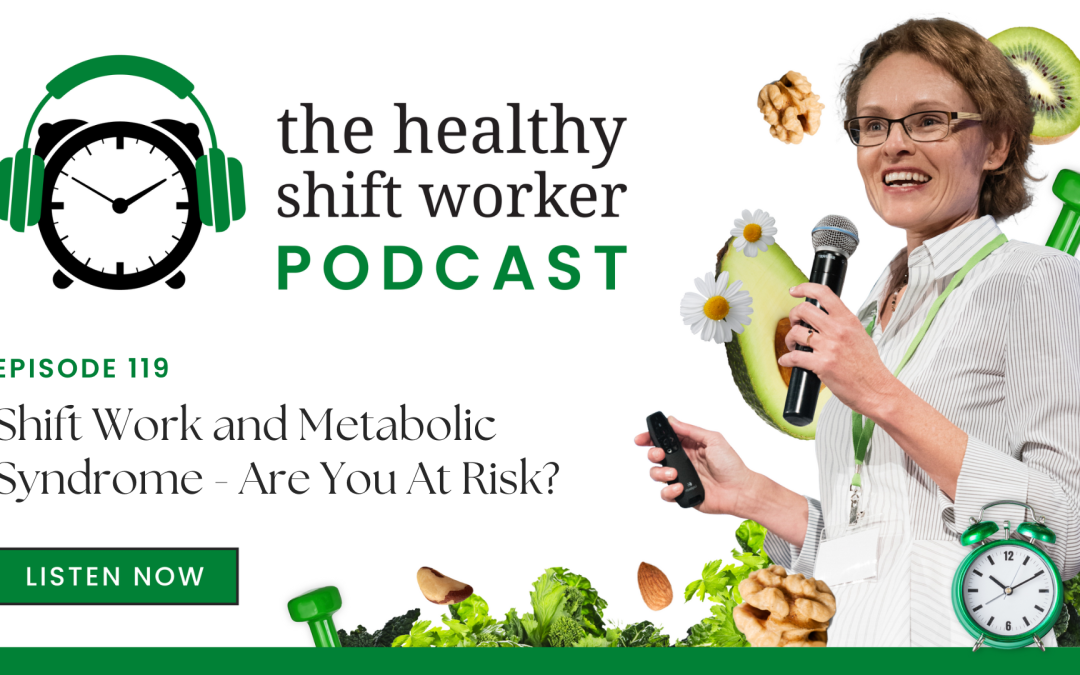
by Audra Starkey | Jul 1, 2024 | Podcast
Evidence indicates between 20% and 30% of the adult global population can be characterised as having Metabolic Syndrome – a cluster of conditions that increase the risk of heart disease, stroke, and type 2 diabetes. Unfortunately for those that work shift work,...

by Audra Starkey | Jun 28, 2024 | Nutrition, Sleep
What Is Metabolic Health? In today’s fast-paced, 24/7 world, shift work has become a common practice across various industries, from healthcare and security to hospitality and manufacturing. While this work schedule is essential for maintaining around-the-clock...

by Audra Starkey | Oct 21, 2021 | Mindset, Nutrition
Soooooo I’m going to be addressing a bit of an Elephant in the Room here, but have you measured your waistline lately? Now before you scramble for the DELETE or unsubscribe button, the reason why I’m raising awareness around this topic is that my entire Healthy Shift...

by Audra Starkey | Jul 15, 2021 | Nutrition
Are you eating food made out a laboratory … AKA lots of ultra-processed, refined and sugar-laden foods, or more whole, real foods designed by Mother Nature? Because apart from the fact the body struggles to break down and digest these types of “foods”, according to...

by Audra Starkey | Feb 11, 2021 | Nutrition
To answer ‘yes’ to this question is certainly not unusual given we’ve been led to believe that we must eat regularly to keep up our metabolism. But is this even true? According to Dr Jason Fung, author of ‘The Obesity Code’, it’s not. It’s a diet fallacy....





